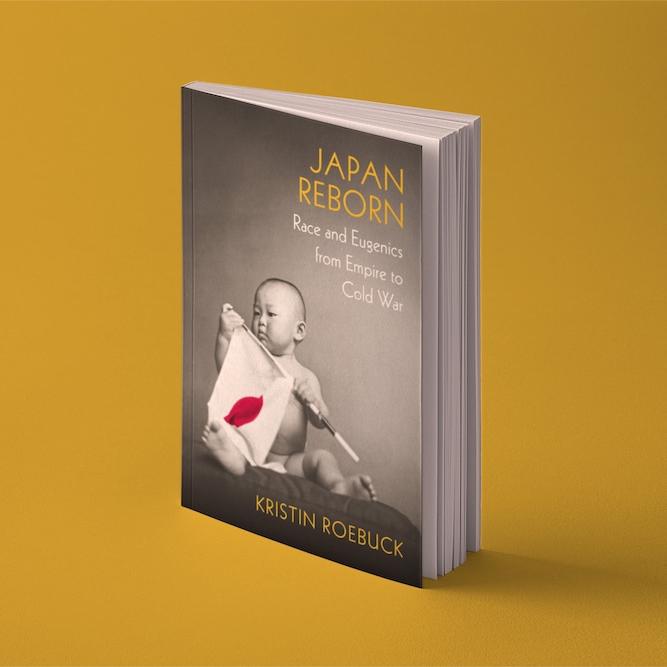Migrations: A Global Grand Challenge, part of Global Cornell, has won a three-year, $5 million grant from The Andrew W. Mellon Foundation’s Just Futures Initiative that will bring together scholars across the university and beyond to study the links between racism, dispossession and migration.
Research, teaching and community engagement supported by the grant will “respond to historical and ongoing nativist and racialized violence in the U.S. by turning the university into a living laboratory,” according to the successful proposal titled “Cross-Border Movements: Racism, Dispossession, and Migration.”
The Just Futures Initiative, overseen by the foundation’s Higher Learning program, funded 16 proposals across the country seeking to address “long-existing fault lines of racism, inequality and injustice that tear at the fabric of democracy and civil society.” Goals include improving access to higher education, developing fuller accounts of the human experience and advancing bold ideas to support more just societies.
“The foundation’s call for proposals was very much a response to the current era of racial injustice,” said Shannon Gleeson, associate professor of labor relations, law and history in the ILR School, and one of the proposal’s authors. “Our work will tie together racism, dispossession and migration with a global focus, asking the harder questions around the structural roots of some of the current events we see.”
The grant’s interdisciplinary mission is well-suited to the Migrations initiative, selected in 2019 as Cornell’s first cross-campus Global Grand Challenge. The funded proposal drew from the initiative’s initial report, itself collectively authored by 14 faculty across the university.
“Cornell has significant strength in the study of racism, dispossession and migration,” said Wendy Wolford, vice provost for international affairs and the Robert A. and Ruth E. Polson Professor of Global Development in the College of Agriculture and Life Sciences, and a co-author of the proposal. “Our innovation is to bring these scholars together to apply their expertise toward positive change – in part by examining the university’s place in local histories of dispossession and exclusion. Working with students and community members, the goal is to transform the university, amplifying the diversity of voices embedded on our campus, with a focus on the often-fraught experience of mobility.”
With input from dozens of scholars across the university, a team of six faculty led work on the Mellon proposal. In addition to Gleeson and Wolford, they included Rachel Beatty Riedl, the Einaudi Center’s director and John S. Knight Professor of International Studies and professor in the Department of Government in the College of Arts and Sciences; Eric Tagliacozzo, the John Stambaugh Professor of History in the College of Arts and Sciences and co-chair of the Migrations initiative with Gleeson; and Einaudi Center Migrations faculty fellows Gunisha Kaur, medical director of the Weill Cornell Center for Human Rights, and Stephen Yale-Loehr, professor of immigration law practice at Cornell Law School.
“This is an important development for Cornell, because it brings together the breadth and depth of scholars working on migration with expertise in race and dispossession,” said Beatty Riedl. “That intersection will help us to think about the topics in new ways.”
Representing major campus partners, the project’s co-organizers are Gerard Aching, professor in the Africana Studies and Research Center and professor of Romance studies (A&S); Kurt Jordan, associate professor of anthropology (A&S) and director of the American Indian and Indigenous Studies Program; Jamila Michener, associate professor of government (A&S) and co-organizer of the Politics of Race, Immigration, Class and Ethnicity (PRICE) Initiative, and Jessica Martinez, the Richard J. Schwartz director of the Herbert F. Johnson Museum of Art. Proposal partners in the Ithaca community include the Cornell Farmworker Program, the Tompkins County Immigrant Rights Coalition, and local PBS affiliate WSKG.
The grant will support a research program addressing cutting-edge questions around three interdisciplinary themes:
- Authority, Governance and Racial Justice;
- Climate, Dispossession, and Natural and Built Environments; and
- Trafficking, Displacement and the Right to Stay Home.
A matching funds program will seek to create further opportunities for collaboration and funding. Teams and their partners will come together at a Re-Possession Lab on campus – described as a “social justice makerspace.”
In addition, Cornell’s project plans to develop a mobile “pedagogy beyond borders” in partnership with farmworker communities in upstate New York, upstate and downstate refugee communities, racial justice activist groups on and off campus, and border communities in Buffalo, New York, and El Paso, Texas.
Faculty will partner with experts on campus and from historically Black colleges and universities and tribal colleges to design online, open-access mobile courses. Summer “pathways to research” institutes will help expand the pipeline of underrepresented and first-generation undergraduate, graduate and post-graduate students.
Finally, a robust engagement effort will establish a Racial and Migrant Justice Fund to support artistic, policy and technological innovations to help improve the lives of minorities and migrants; an app explaining public benefits migrants may access is one example. Building on the success of the 2019 exhibit “How the Light Gets In,” the Herbert F. Johnson Museum will host artists-in-residence who will create exhibitions or installations. The collaboration with WSKG will produce a public video series focused on the themes of racism, dispossession and migration.
“The Mellon funds will allow us to do some really useful things, we hope – both here at Cornell, and for the good of us all,” Tagliacozzo said. “It’s an exciting opportunity, and one we hope to grasp with two hands.”




